(Publisher’s Note: The 12-part series, “The Children of Wheeling’s Mob Era,” will be re-published each evening over the next two weeks so those who missed some or all of the chapters will have another chance to read it. A collection of Steve Novotney’s mob stories over the years will be released in book form this summer.)
5
‘Max’ and His Mob Bars
He grew up in Wheeling at time when boys still climbed trees, skinned knees, and swiped cigarettes from their mother’s pack on the kitchen table, and when fathers taught their sons about “man stuff” like tire pressure, pumping gas, mowing the lawn, and defending honor the old-fashioned way.
Children went to school, did their homework, minded their manners in public, ate their supper, and prayed with their parents every weekend. That’s how Gary Maxwell Sr. – or “Max” – remembers the 1960s anyway, and he recalls being 10 years old and with his dad one cold afternoon at Ace Garage, a tow business that sat in the shadows of a roll steel mill factory in East Wheeling.
It was mid-January 1964 and right after a brand new four-door Studebaker had exploded in a Warwood neighborhood. The incident was the talk of every part of town as people wondered who ordered an assassination attempt on a known criminal named Paul Hankish back when organized crime was common and considered a career for some.
The Hankish vehicle, or what was left of it after seven sticks of dynamite were ignited when the man attempted to start the engine, was towed to Ace and protected inside the company’s large garage.
“When I went there with my dad after that bombing, one of the guys said, ‘Hey kid, come back here.’ My dad was OK with it so I went inside, and he showed me the Hankish car that was bombed,” Maxwell recalled. “They had it covered with a little canvas tarp and the guy pulled it all off the car and there it was. There wasn’t much left of it.
“There was some of him left in the car, though. Ya know, some of his pants, and some of, ya know, his human flesh. It was all bloody, so, at least that’s what it looked like,” he said. “I remember it was gross, but it was exciting at the same time. I guess I had heard stories about Lias and the Mob and all that, and there was a part of me that thought it was pretty cool.
“And seeing that, I guess, made it all very real.”
And that’s how “Max” met the Mob.
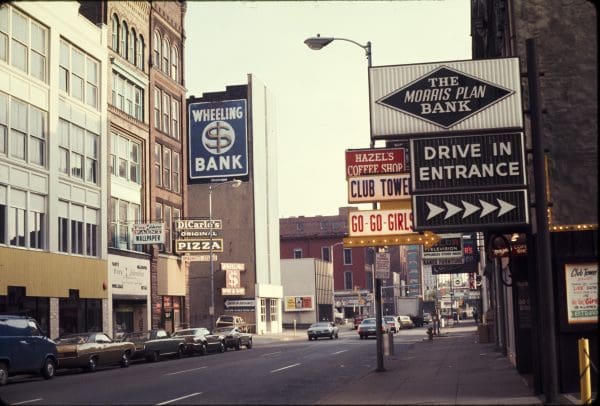
Bar After Bar After Bar
He wanted to be a “player” when it suited his limitations. He wanted to make as much money as possible, but he didn’t want to hurt anyone, and Maxwell certainly did not want to go to jail.
He didn’t know if such a perfect existence existed, but after he purchased his first bar business at the age of 21, “Max” was willing to find out.
Today, “Max’s Holiday Inn” is where “Rachel on 16th” operates today on 16th Street across the DHHR building, but back in the mid-1970s, it was a well-established tavern with all the illegal fixins like most other neighborhood joints in the town. Later known as “Mary’s Holiday Inn,” the bar was connected to organized crime and that fit the fancies of the young proprietor just fine.
“At the Holiday Inn, we had one of the most popular backroom poker games in the city, and we had the spot sheets for the football games, and back then, people gambled on the pinball machines. Highest score won and it was all about who could beat who. Stuff like that, and those boys had a lot of fun with it,” Maxwell remembered. “The poker machines started coming out in the 1980s, and those cherry machines, too. Those were great machines.
“When it came to the spot sheets, someone would come around and drop off the new sheets. Then someone would collect the sheets and the money, and then they would bring back the winners. There were always different bag men,” he recalled. “There were brown paper bags, and the sheets were all neatly rolled up. It was quite an operation, and the only times when we took bigger bets were for the bigger events like the World Series or the Super Bowl.”
The Hankish organization left alone regular bar revenues from beer, booze, and food, but there were cuts to share from the gambling activities. The nickels from pinball were split 50-50, and the deal was the same when “Draw Poker” became the rage. The split on the spot sheets, delivered each Wednesday morning and picked up every Friday afternoon, was 75 percent to the bar and 25 percent to “The Boss.”
“What Hankish and his guys did was take advantage of the economy in Wheeling back in those days when there were a lot more jobs here than there are now,” said Bill Kolibash, a prosecutor who joined the federal government in Wheeling in 1973 and was appointed by President Ronald Reagan as the U.S. Attorney in West Virginia’s Northern District in 1981. “There was more population around here then, so there was more money, and the mob took advantage of it.
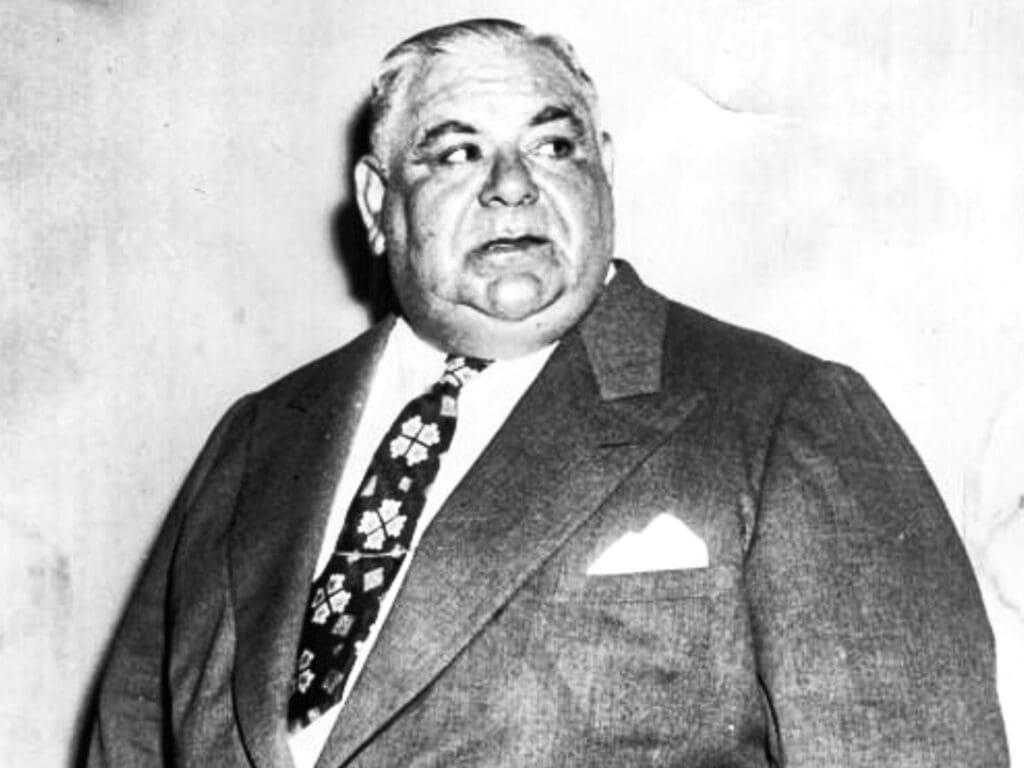
“We knew what was happening in the neighborhood bars just like everyone else did, and that’s because no one hid anything for years and years, and I doubt many people even knew the gambling was illegal. It’s what people did in Wheeling for a very long time,” explained the federal prosecutor. “We knew the bar owners had what they had, but we were more concerned with the people like Teddy Tsoras and what he was doing. That’s the man who ran all of the gambling rings for Hankish.”
The feds wanted the ringleaders when the FBI, DEA, and IRS joined forces with local law enforcement. Kolibash, FBI agents Tom Burgoyne and Dick Jones, and local police officers like Pat Butler figured if they removed the supply, the demand would dissipate.
“Teddy Tsoras and his gambling operations were pretty well connected, and not just in Wheeling. His network went into Pennsylvania and was even bigger than we knew in the beginning,” the federal prosecutor said. “That was one part in the Hankish organization that could get pretty violent because if you owed, you owed, and you were expected to pay. One way or the other.”
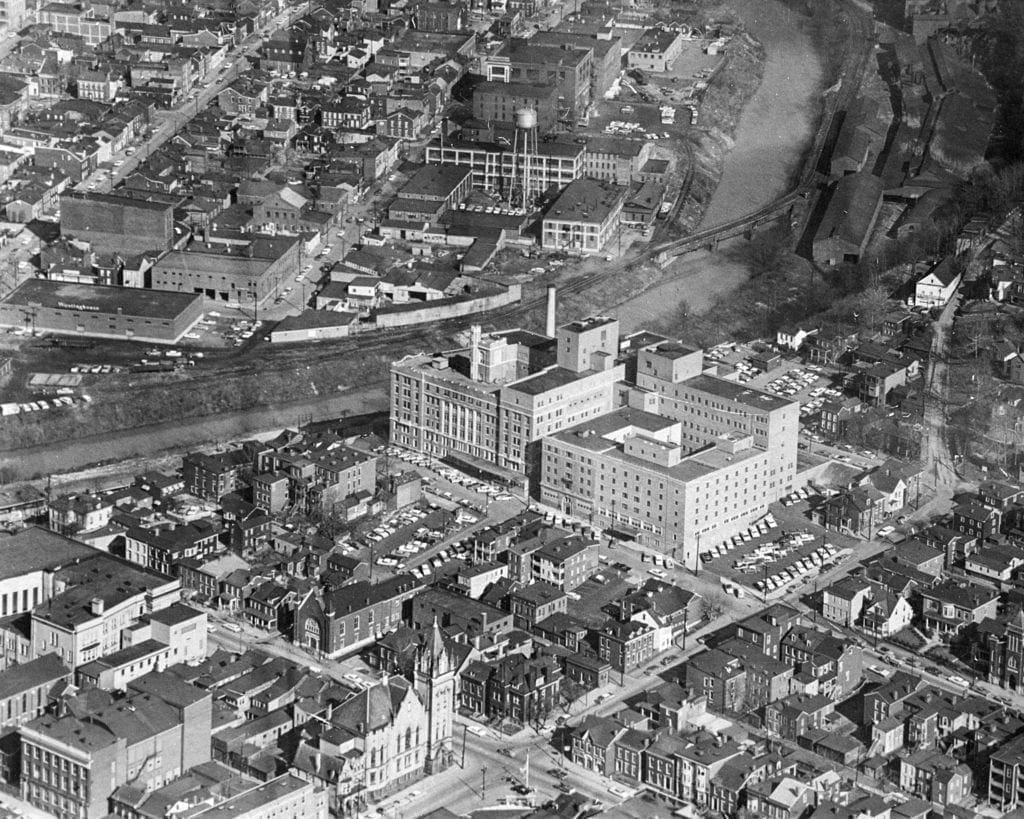
Booze Run Recollections
He partied with mobsters and kind of became a gang member, too. Many nights he left his pubs to his employees and went out to the other spots like the Tin Pan Alley, the Chit Chat, the Elbow Room, or the Flamingo in Benwood, and along the way, he became very familiar with Hankish himself.
Once trusted, “Max” was asked favors, and he seldom turned down the Boss.
“When it came to the bars and the gambling, most of it was already in place from the years when Lias was in charge of the bar rackets, and I’m not aware of any of them that did do the same things,” Kolibash said. “But if a bar owner wanted to get in deeper than the boards and sheets, there were other opportunities for sure.
“It all depended on what you wanted to do and what you were willing to do,” he said. “If someone trusted you, you got in. It was all run like a business, and if you messed up, well, there was a price to pay.”
Maxwell was aware of the risks, but most times the favors were simple. Errands mostly. Point A to Point B with important cargo in tow. And he was one of the guys, the wise guys, especially during one Christmas season in the late 1980s.
“It seemed like every Christmas back then, Paul (Hankish) and PeeWee (George) would order a load of liquor, and it was always from a guy they knew in Frostburg, Maryland. Back then, Maryland had the lowest taxes on booze,” Maxwell explained. “Back then, you didn’t have minivans, so when I said I’d go get it, we had to take a station wagon.
“I went with Jesse (Anderson), one of Paul’s right-hand men. You didn’t mess with Jesse,” he said. “Jesse was nice and all, but you didn’t want to get him mad. Jesse was Paul’s muscle for a reason.”
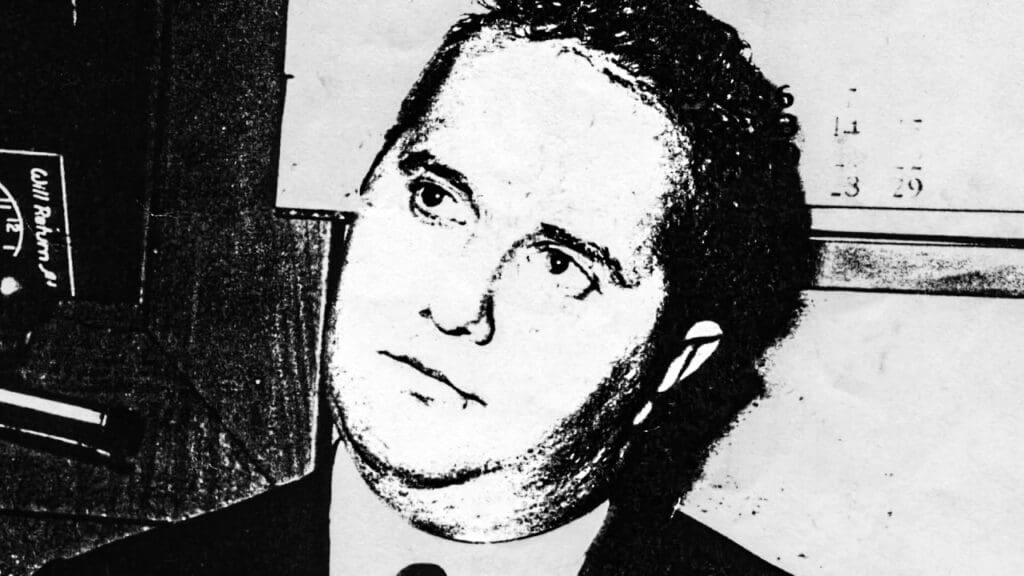
Even Kolibash knew Anderson’s reputation.
“I think there was more fear of Jesse Anderson than there was for law enforcement, and that’s because Jesse kept a lid on things when it was necessary,” reported the former U.S. Attorney who will publish his book “Justice Never Rests” at the end of January. “Anyone who came into town to do any business had to go through Jesse first, and that sometimes turned out OK, and sometimes it didn’t.
“Jesse could be pretty brazen when he thought he needed to be,” he explained. “And when Jesse needed to set people straight, there was no judge and jury with him.”
It was a Ford Galaxie station wagon Maxwell had to drive to Frostburg, a model that featured plenty of seating and lots of windows.
“That model had more than a lot of windows. It was all windows, so they wrapped the cases of booze with brown paper, and it was as obvious as anything that we were transporting liquor from one state to another,” he said. “We weren’t hiding anything.”
Anderson didn’t seem to care.
“On the way back from Maryland, we stopped to see some people around Cheat Lake, and Jesse has two guns on him in holsters and he wanted to stop for a drink,” Maxwell described. “So, we said we’re going in for one drink and for no longer than a half hour, and he’s a big black guy with a fancy suit on. There’s no hiding him and I had no idea what to expect in the place. It was a different time back then.
“So, we ended up getting pretty drunk and left there after a few hours, and then we stopped in Washington (Pa.) for another few drinks and he knew people there,” he said. “That was in the late 80s so there was cocaine involved, too. Lots and lots of cocaine.”
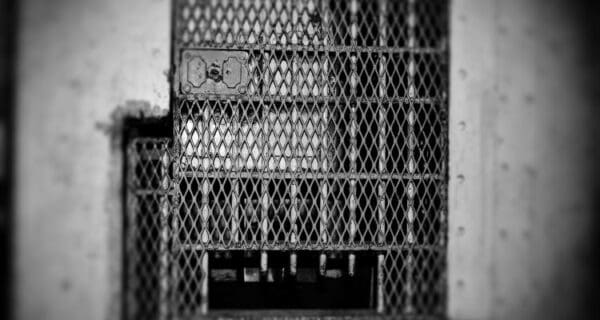
Fun Until It Wasn’t
He got started with the Holiday Inn, and then “Max” got involved with the little lounge at the Mid City Motel, a drive-up lodge along both sides of National Road near CVS Pharmacy and the new Dunkin’ Donuts.
After a couple of Wheeling businessmen named Elmer Dietz and Bob Burke bought the land on the highway’s south side and demolished the structures in favor of the Eagle Inn II, Maxwell moved on.
“Me and a partner, Bill Hearn, bought the bar over in Clator in the late 1970s, and it was Lally’s Lounge at the time. It’s in the same building where Figaretti’s is today,” he explained. “There were a lot of local customers that went there, but we had plans that would bring a lot more people in.
“We added food, and we had soup most days that people really loved,” Maxwell said. “There were some other food items we had on this day and that day, and it really was popular with the customers.”
Every dollar was counted, of course, and coins certainly were not as inconvenient back then as nickels and dimes seem to be today. The carefully kept ledgers tracked every cent, and most joints had two sets of books just in case.
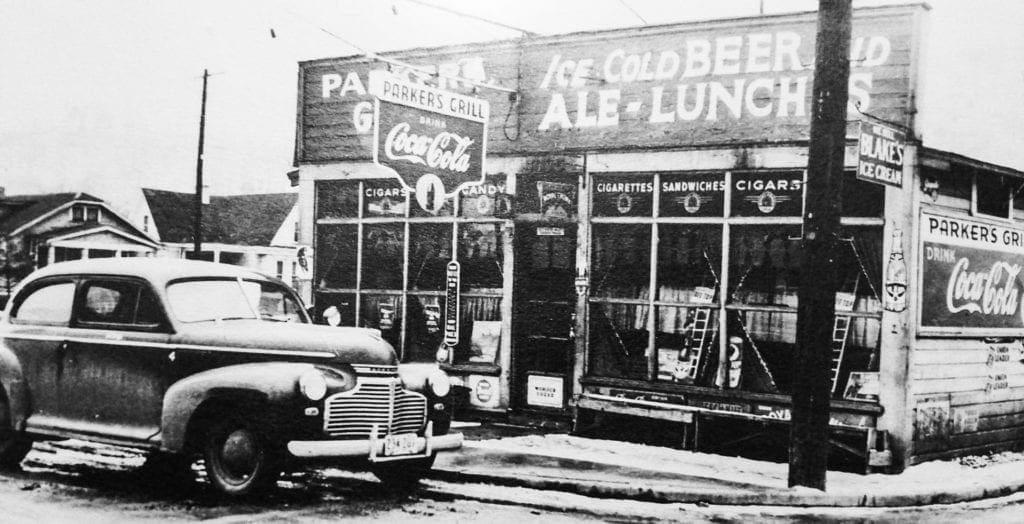
“You had to be 18 to drink back then, and we knew we had some underage people in there, too, but no one was hurting anyone. We were pretty lenient, and maybe that wasn’t the right thing to do,” he admitted. “And we had the same deal with Hankish and his guys there that we had in my other bars as far as the machines and the spot sheets.
“Pinball was out by the time we had the Whistle Stop, but the poker and cherry machines replaced them and they were more popular. It was good money back then, and no taxes either.”
The Whistle Stop, though, lasted just five years, and after he became involved for a brief time with the Quarter Deck on River Road, he opened Maxie’s at the bottom of Rock Point Road. That place, though, was different.
“It was the worst bar I ever had. Not only did I have a hard time drawing people down there but the people who did come there only wanted trouble, and everyone knew the feds were onto Hankish so the customers were shy,” Maxwell said. “Plus, it seemed like all they wanted to do was fight.
“The people I did get in there never seemed like they wanted to go home, and they were mean about it,” he said. “I had the machines in there, and we played spot sheets while they lasted, but the customers really ruined the bar business for me. It wasn’t fun anymore, so I got out and got a real job selling tires.
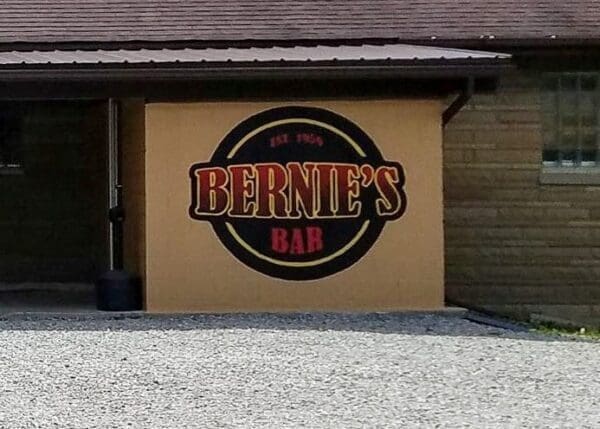
“As it turned out, I was pretty good at selling tires, too.”
In October 1989, Paul Nathaniel Hankish was indicted on charges stemming from cocaine trafficking, gambling, racketeering, prostitution, stolen goods, and murder, and one year later he was brought to trial in the Federal Building in downtown Wheeling.
Following the first few days of testimony, Hankish pled guilty and was fined $72,500 and was sentenced to 33.5 years in federal prison.
“When Paul Hankish pled guilty in the federal trial, everything quieted down instantly. And I mean instantly. We knew about the indictments, but we didn’t know if anything was going to stick,” Maxwell said. “Everybody got scared. If they got Paul and the others, what else did the feds know. Did they know about us with the bars?
“The spot sheets were gone,” he said. “We still had the machines, but no one was sure about how to deal with that. The feds actually came and got them not too long after Hankish pled, and the bar owners who were caught using them got in some trouble. But it was over, and everyone knew it.”
“Max,” now 70 years old, took a moment to think before he chuckled and said, “Ya know, it was fun for a while, but then it wasn’t. But I am having a good time owning Bernie’s Bar in Clearview now. We have the machines, too, but those are with the state these days.
“I guess the state is the real Mob now.”
The Series:
(Author’s Note: Each week I’ll be sharing a link to one of the chapters of my first “Wheeling Mob” series I wrote while serving as the founding editor-in-chief of Weelunk, a digital media site now owned and operated by Wheeling Heritage, a non-profit organization that promotes the history and heritage of the city of Wheeling.)

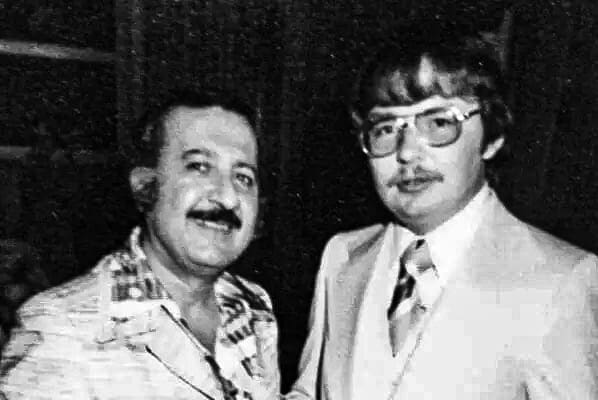

Is this entire series available to order in print?
It will be soon. Ty!!
Peewee George was my grandfather I love your wheeling crime stories Mr. Novotney!
Thank you, Erica!